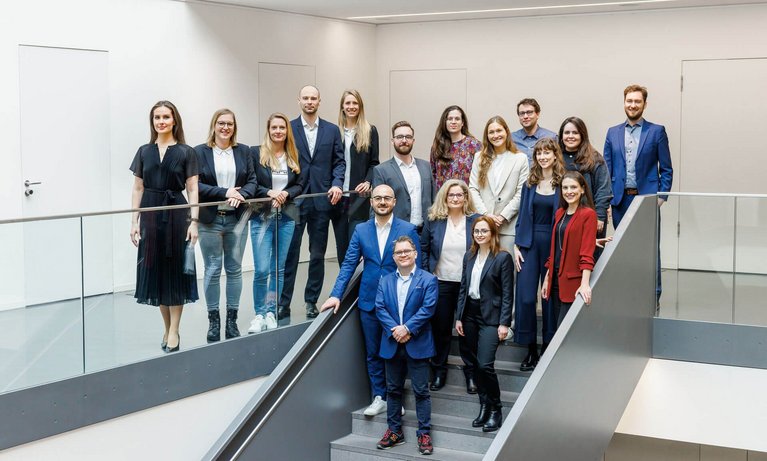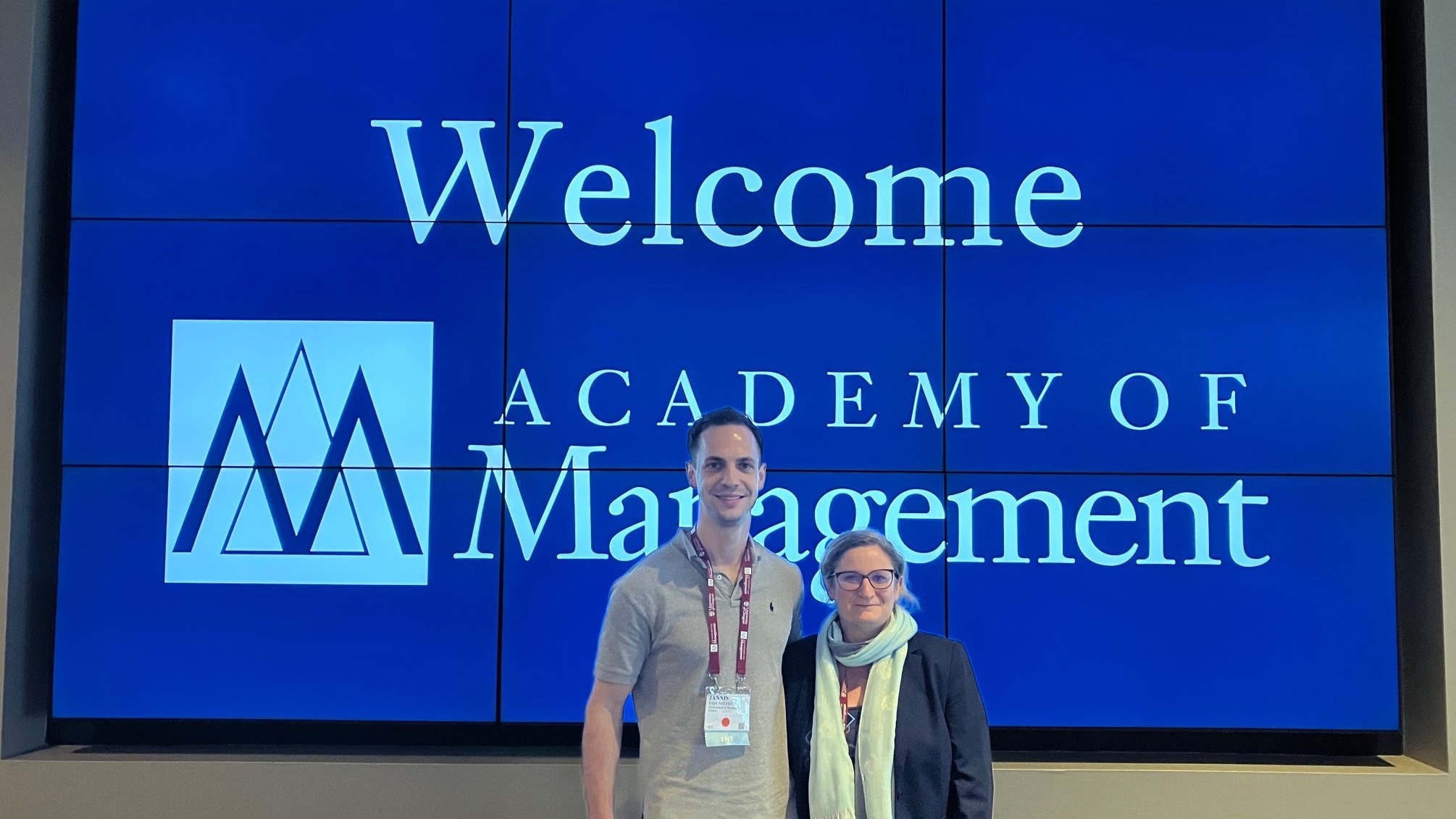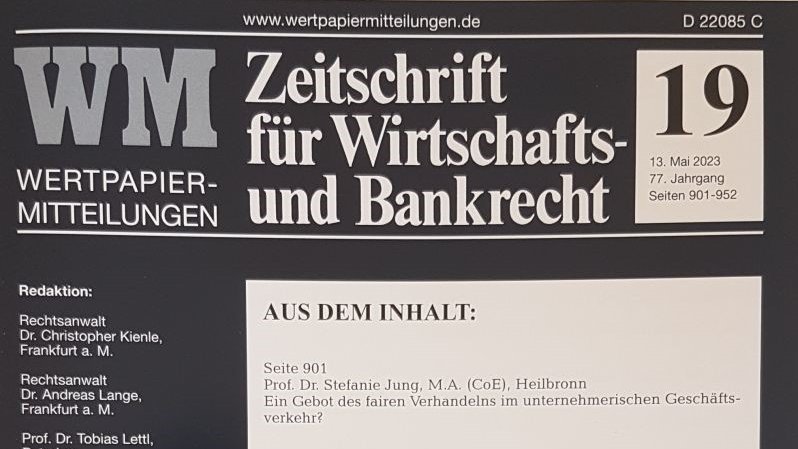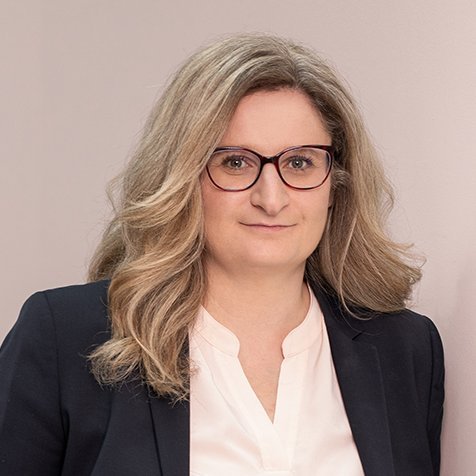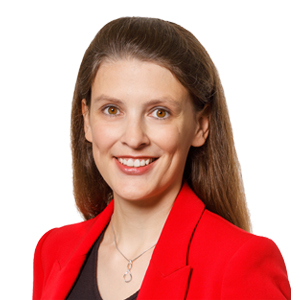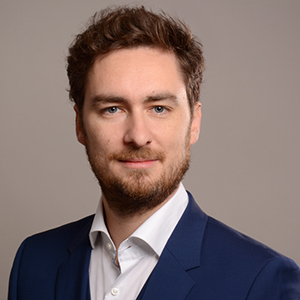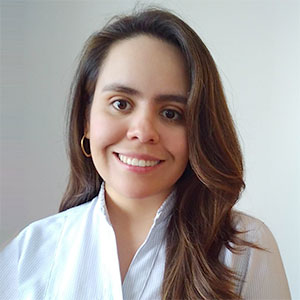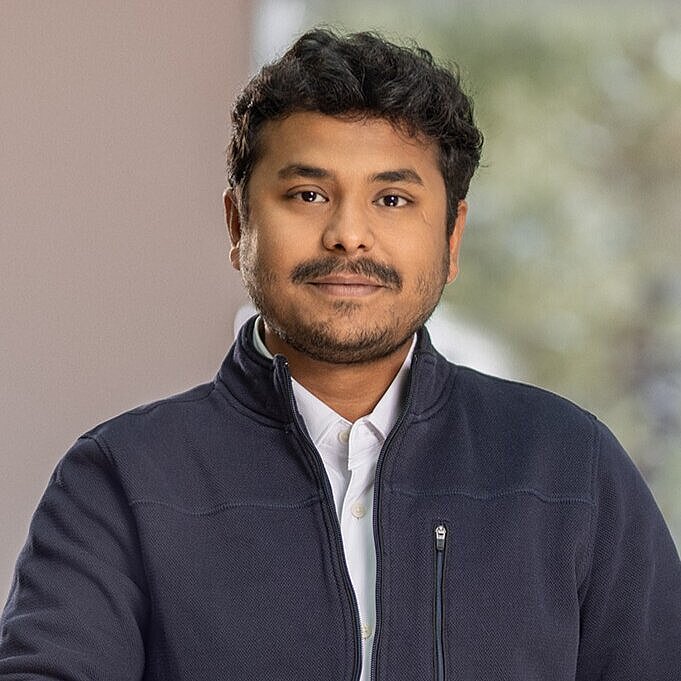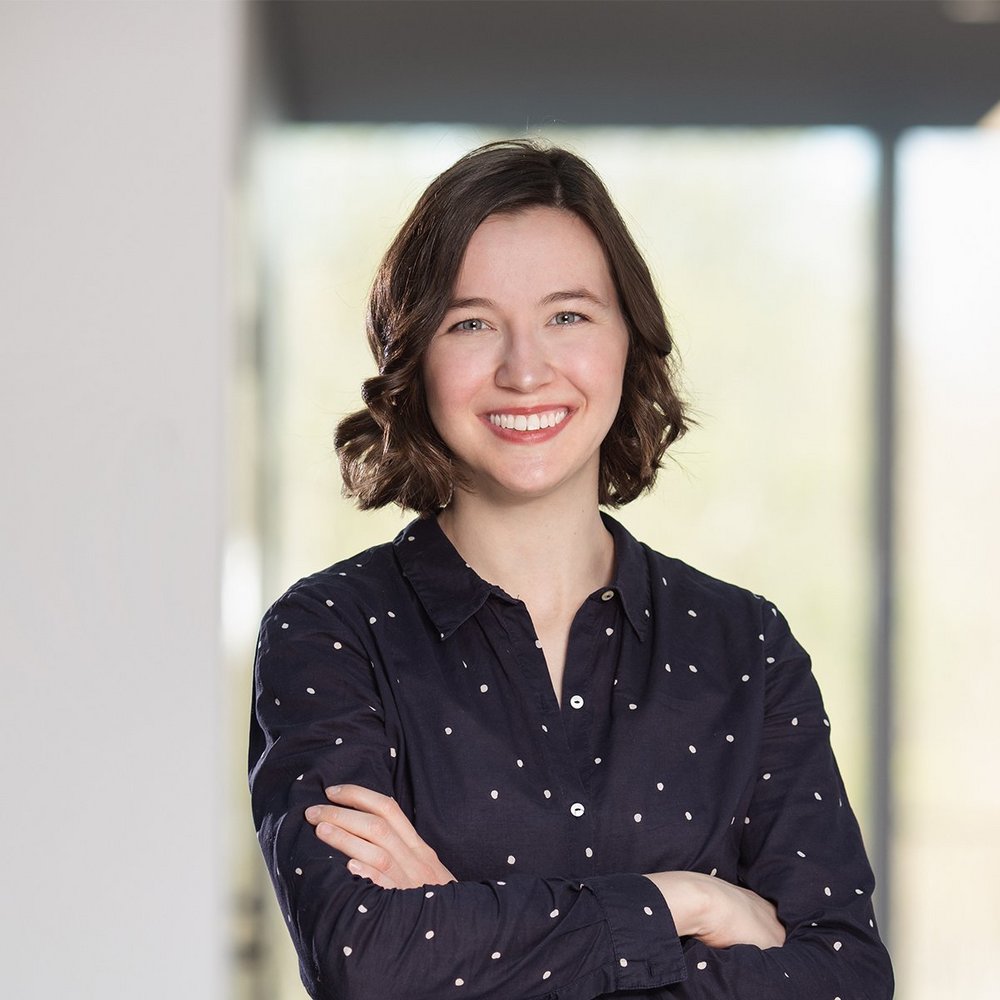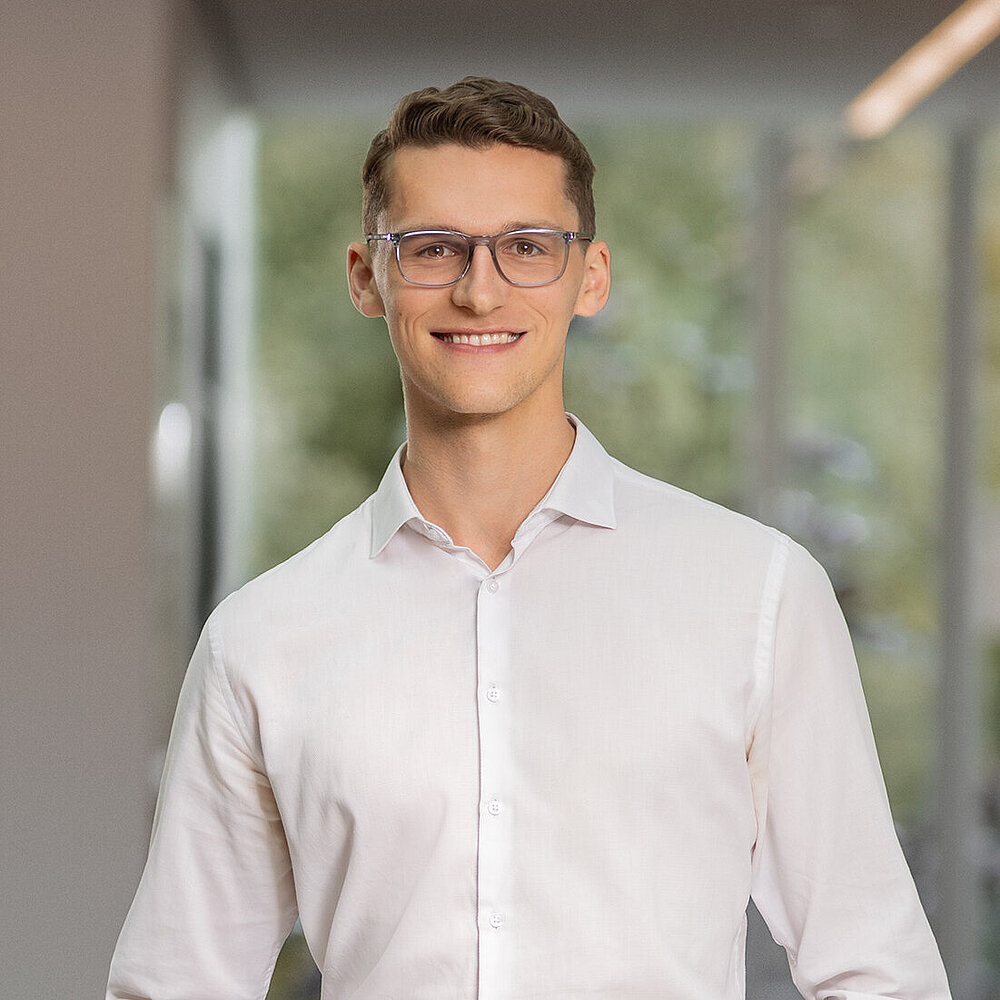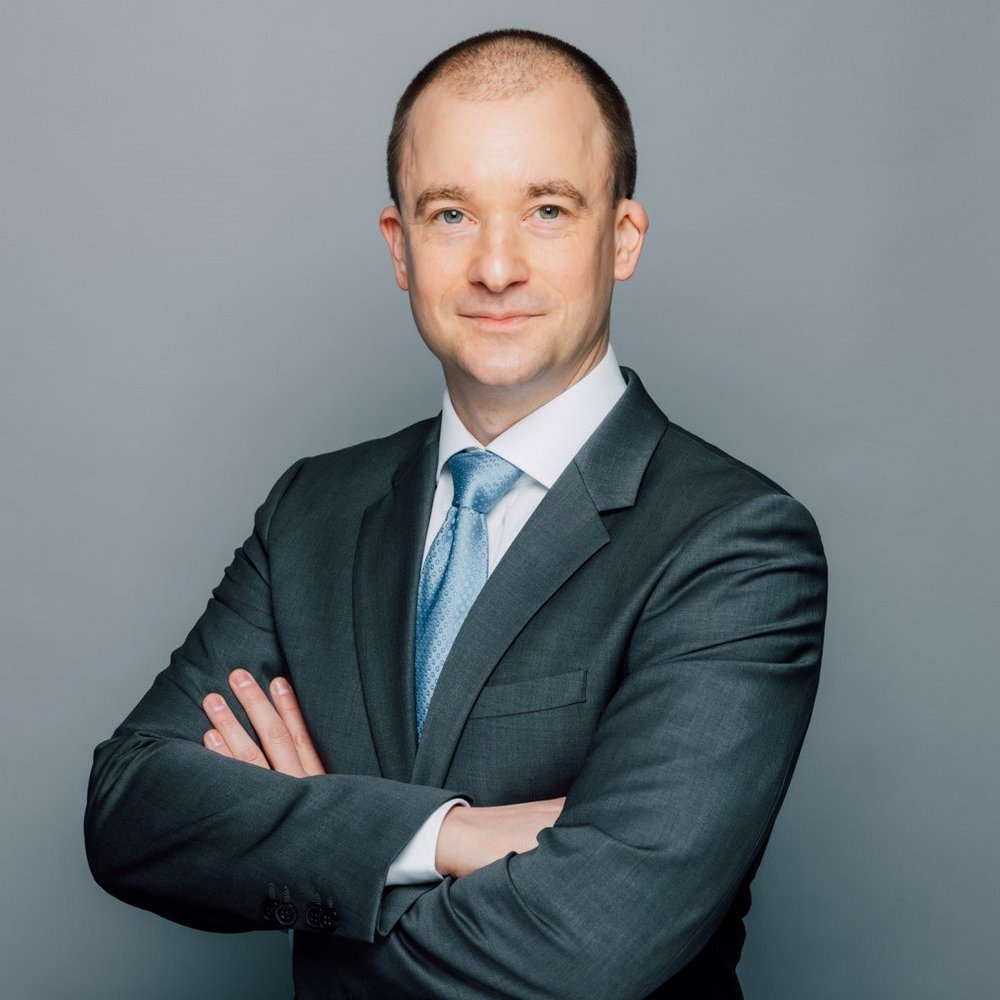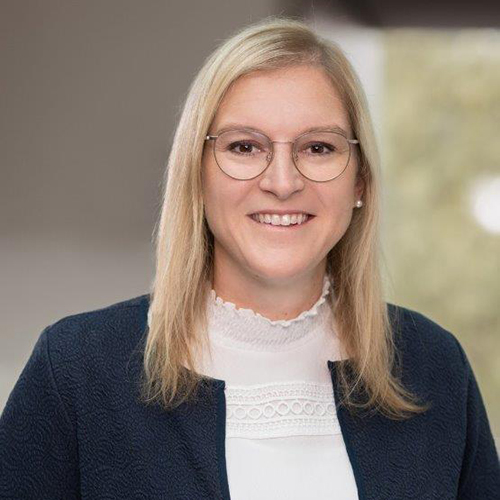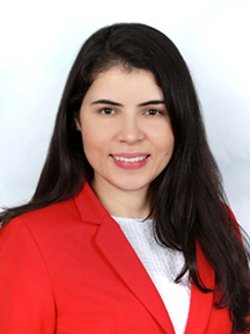28TH APRIL 2023
GIRLS DAY AT TUM CAMPUS HEILBRONN
The Girls' Day is an annual, nationwide career orientation day for girls from the 5th grade onwards. The TUM Heilbronn Campus opened its doors on April 27, 2023, and offered 50 girls an insight into careers as researchers in a panel discussion with professors and scientific staff. In addition to Prof. Dr. Luise Pufahl, Karoline Bax, PhD, and Dr. Franziska Schmidt, PhD Candidate research associate Sidney Hribersek from the Global Center for Family Enterprise talked about her career path and her enthusiasm for a career in science. She also answered questions about her daily tasks and research topics to give young girls a realistic insight into her professional life and to inspire them in their search for their own career path.
7TH NOVEMBER 2022
FIRST IN-PERSON EVENT FOR FAMILY ENTREPRENEURS AT TUM CAMPUS HEILBRONN
The event included insightful talks by Prof. Dr. Miriam Bird, Dr. Gunther Wobser and Christian Mohr who illustrated the topic from an academic and practical point of view. Those talks were followed by a panel discussion on the challenges of implementing corporate entrepreneurship in family businesses.
In case you would like to learn more about our cooperation offers for family entrepreneurs feel free to contact us at: office.gcfe@mgt.tum.de.
4TH OCTOBER 2022
NEW VENTURE TEAM DESIGN CONFERENCE AT TUM CAMPUS HEILBRONN
On September 29-30, we welcomed participants from all over the world to the research conference "New Venture Team Design" at the TUM Campus Heilbronn. Prof. Dr. Miriam Bird (Director of Global Center for Family Enterprise), Prof. Dr. Rebecca Preller (University of Bayreuth) and Dr. Paula Martínez-Sanchis (Post-Doc at Global Center for Family Enterprise) organized the conference in cooperation with the DFG network group "Venturing Together" - represented by Prof. Dr. Nicola Breugst and Dr. Isabell Stamm - to discuss the fundamental question of how to design new venture teams in a way that is conducive to firm success. The program entailed keynotes by Prof. Dr. Vangelis Souitaris (Bayes Business School) and Prof. Dr. Ella Miron-Spektor (INSEAD) on new venture team diversity and team formation, respectively. Further, participants discussed various topics like power inequality, emotional diversity, identity conflicts, or feedback processing in new venture teams, and used the opportunity of networking with the other participants
12TH SEPTEMBER 2022
WORKSHOP ON FIELD EXPERIMENTS IN ECONOMICS AND BUSINESS AT TUM CAMPUS HEILBRONN
On September 5-6, we welcomed participants from all over the world to our first Workshop on Field Experiments in Economics and Business at the TUM Campus Heilbronn organized by our professor of economics Philipp Lergetporer, Simon Wiederhold, Henning Hermes, and Frauke Peter.
10TH NOVEMBER 2021
TUM CONNECT IN HEILBRONN
Last week, our center director Prof. Miriam Bird participated as one of the four thematic experts in the topic of Family Enterprises at this event series. She represented the “Speakers Corner” about the topic of “Family Enterprises and their Innovation capability”. In a discussion round, we had a fruitful and lively exchange of ideas and opinions together with interested guests. The main conclusions in a nutshell:
• Employees are the key to innovation, especially in family businesses where there is a high identification with the company.
• To realize the greatest possible potential of employees, groups such as females and older employee generations need to be given more consideration as valuable resource.
• Alliances and synergies must be created across SMEs to leverage synergies.
20TH OCTOBER 2021
TUM TALK AT CAMPUS HEILBRONN
The second TUM Talk took place on the TUM Campus Heilbronn themed “Family businesses in transition”. We, the GCFE with our center director Prof. Miriam Bird were responsible for the concept and content of the event.
In front of the 100 guests in presence as well as the numerous spectators in the livestream, the designated company successor Sarna Röser of Karl Röser & Sohn GmbH held a thrilling keynote on the topic “Tomorrow’s leaders”.
An exciting evening with a valuable exchange during which we learned one lesson above all: Family businesses as the jewel of the German economy need the impulse of the new generation to continue to survive in the long-term. Especially for our research team, the evening offered interesting impressions and approaches that motivate us to work on new strategies for today’s challenges in cooperation between practice and research.
16TH NOVEMBER 2020
FOUNDERS WEEK IN HEILBRONN: PROF. BIRD TALKS AT STARTUPCITY X EXPERTS ABOUT ENTREPRENEURIAL TEAM FORMATION
During this year’s founders week, Prof. Bird was invited to talk at the StartupCity Meets Experts Event in Heilbronn. Talking to entrepreneurs, Prof. Bird explained how the ideal entrepreneurial team should be formed and which aspects should be considered in designing a successful team. The local newspaper Heilbronner Stimme summarized the main findings in the following article.
